Hyundai vs Honda vs Toyota: What brand is better in 2023?
In the automotive world, every manufacturer competes to get the largest chunk of sales. But unlike other businesses, car manufacturers need to build a pedigree in order to gain customers’ trust. Not to imply that product planning and marketing are not important, but what their customers actually think matters a lot. So when it comes to affordable mass-market automakers, is Toyota, Honda, or Hyundai better?
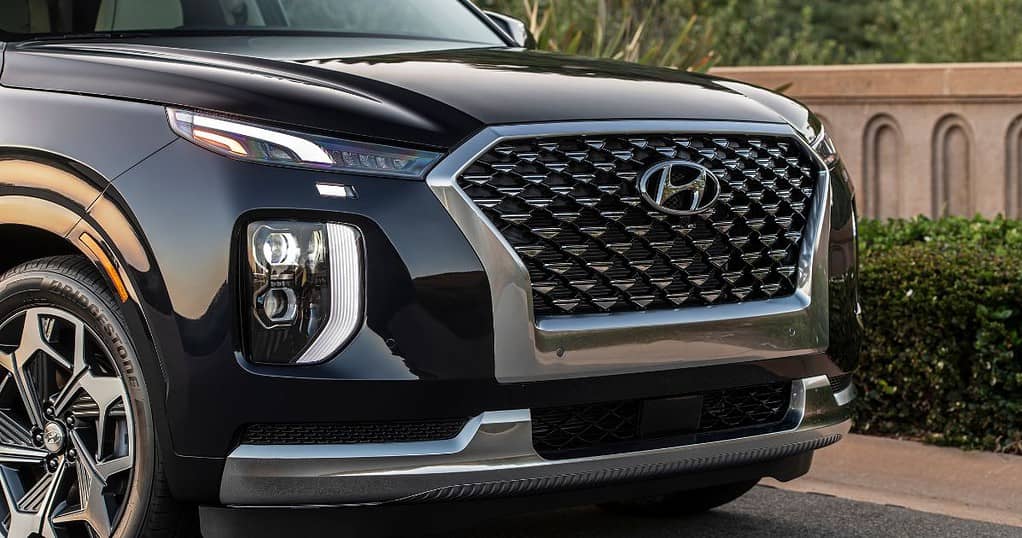
A short history lesson
It’s been a century since cars became the dominant means of mobility, and there are dozens of automobile manufacturers in the United States alone. Some of them are old players who know the rules of play, while others are relatively new. Anyway, history has seen some of them rise from nothing, and others fall from grace.
Speaking of the USA, there were many manufacturers before the advent of imports. But the same imports have given them a run for their money and have made the market more competitive, exciting, and innovative at the same time.
Among the foreign car makers, Volkswagen was the first to set up a proper manufacturing plant in 1978, beating the Japanese by a few years. Your first thought would have been Toyota or Honda, right? But no.
Nevertheless, Toyota and Honda have earned strong reputations for being reliable and dependable. And rightfully so. A little further from Japan, Hyundai, hailing from South Korea, was a bit late to the party.
Struck by poor product quality in the beginning and almost reaching the point of bankruptcy, Hyundai has improved greatly in recent years, putting it in line with its main competitors, Honda and Toyota.
A decade ago, no one would have thought that a Hyundai would be as good as a Japanese car. But here we are today, comparing Toyota, Honda, and Hyundai to see who is better at making cars in the modern era.
This article will break the comparison into several parameters, like reliability and features. After all, a mainstream car manufacturer needs these to make a case for itself. Read on to find out more about the comparison.
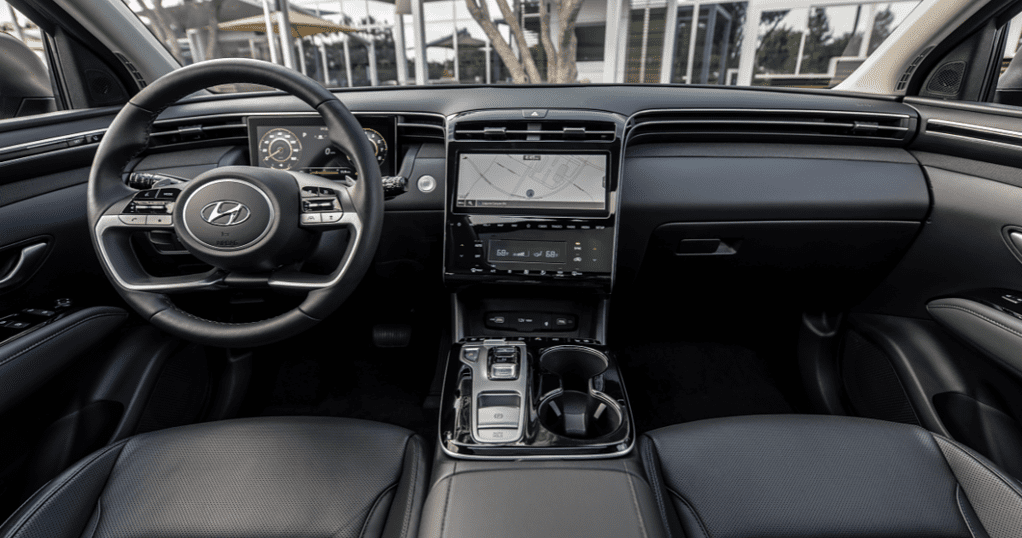
All three of these have a clearly planned model lineup covering everything from small hatchbacks to trucks and everything in between. As stated before, Toyota and Honda have a head start when it comes to how long they have been producing cars. Therefore, they have the inherent advantage of being better at some things than Hyundai.
Starting with their common ground, all three of these mainstream automobile manufacturers share a common goal of making relatively fuel-efficient vehicles. Toyota is famous for adopting hybrid technology while it was still in its early stages, where it innovated a lot on its own hybrid technology. Honda didn’t hang around and didn’t wait around too long before joining Toyota’s hybrid party.
Hyundai, however, took its time, but eventually caught up. Today, all three of them have hybrids, plug-in hybrids, and fully electric cars in addition to traditional internal combustion engine cars.
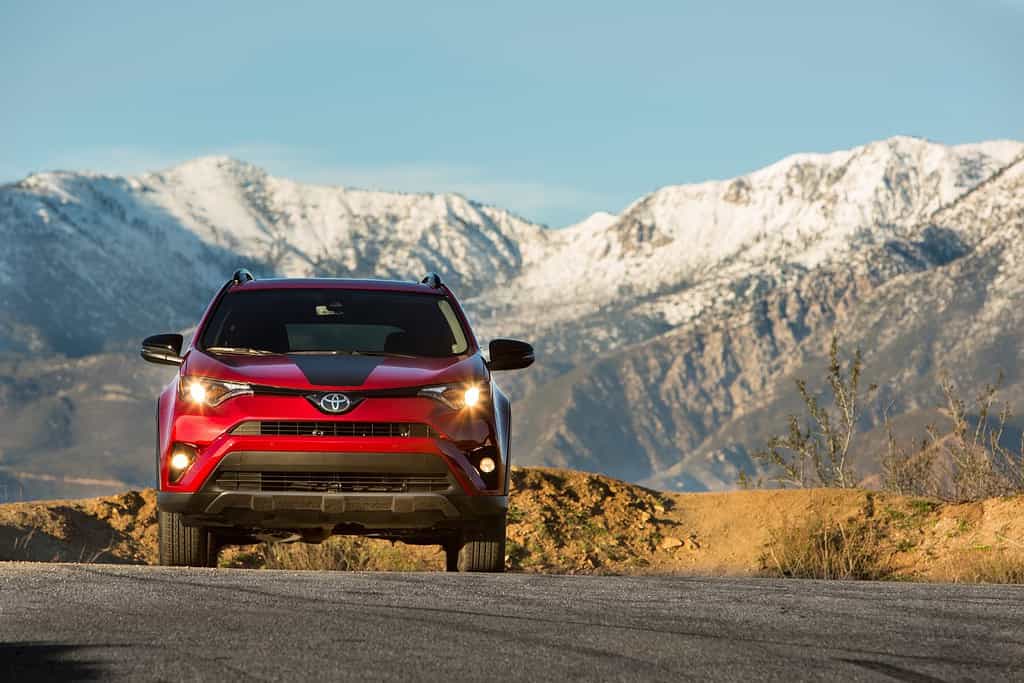
Reliability
Thanks to its efforts, Toyota still outranks both Honda and Hyundai in reliability ratings. The latest reliability ratings by Consumer Report 2021 put Toyota and its luxury wing, Lexus, in third and first place globally. Similarly, the latest J.D. Power Rankings 2021 lists Toyota and Lexus at number four and number one, respectively. Toyota’s rankings are far superior to those of Hyundai and Honda.
The same Consumer Report ranks Honda at number six and Hyundai at number eleven. Hyundai outperforms Honda in the J.D. Power Rankings 2021, finishing seventh compared to Honda’s 27th place. Although these rankings are nothing to be frowned upon, it’s just that Toyota seems unbeatable.
If reliability and longevity really matter to you and you don’t care much about what it comes with, then Toyota is a promising bet. Honda and Hyundai deserve an opportunity and have their own perks. In the end, you can’t go wrong with any of them, but Toyota has a slight edge.
Their most popular vehicles, such as the Toyota Camry and Toyota Corolla, are well-known for lasting for hundreds of thousands of miles and for staying on the road for incredibly long periods.
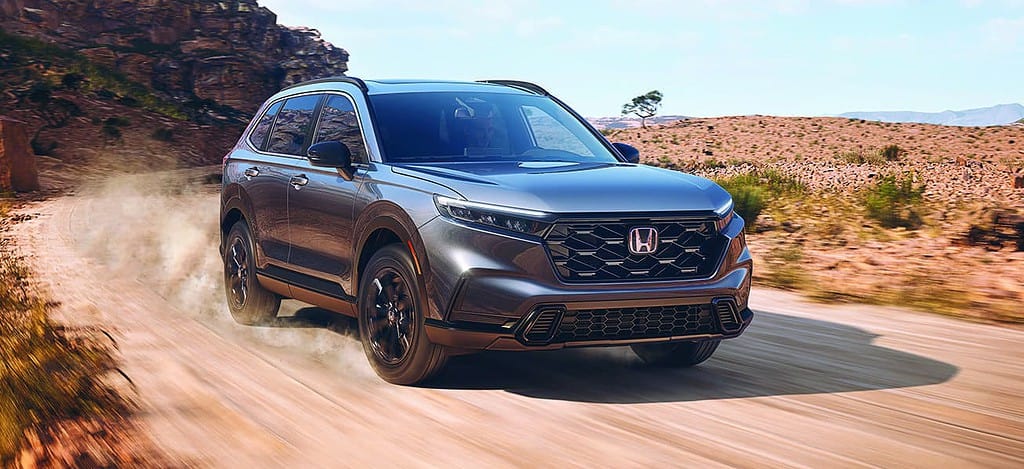
Electrification
Reliability is not the only thing that measures the quality of a manufacturer. Innovation and the adoption of modern technology also make them desirable choices. No one likes to be left behind. Electrification is unavoidable at this point, but how open each manufacturer is to the idea is another matter.
What is remarkable is that Toyota, Honda, and Hyundai were among the very first manufacturers to make electrification the new normal and publicly available.
All three of them feature hybrids, plug-in hybrids, and all-electric models in their line-up now. Previously, they have explored flex-fuel vehicles and hydrogen fuel-cell vehicles, with only Toyota currently offering the Toyota Mirai as the only hydrogen fuel-cell vehicle on the market. Whatever your choice may be, all three have plenty to offer. In this case, there is no clear winner because all three have a hold on the subject of electrification.
Now that we have covered the main subjects of reliability and electrification, we’ll compare what their vehicles come equipped with, i.e., their features. This is where Toyota gets beaten by both Honda and Hyundai. But Toyota turns this shortcoming into one of the main contributing factors to Toyota’s renowned reliability.
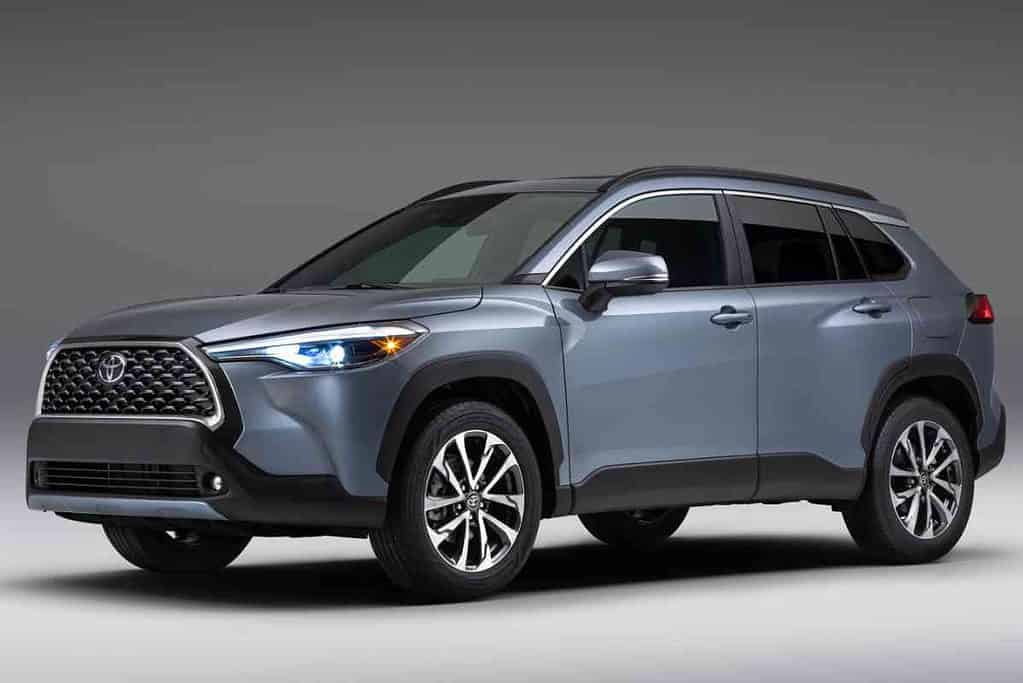
Standard features
They take their time to test and retest new designs and components and aren’t always pushing out new generations as some other automakers do. Because of this, their vehicles tend to be more reliable than others that are always getting upgrades and new trim levels.
Hyundai and Honda vehicles, on the other hand, tend to come packed with standard features. This by no means intimates that Toyotas are spartan affairs, but their standard specifications don’t always impress as much as Honda and Hyundai.
Since we are talking about features and technology, let’s see what each manufacturer equips their vehicles with to protect their occupants. Extensive suites of safety features are standard in the vehicles of all three brands, but they are marketed under different names, and you need to investigate to properly compare.
Honda vehicles get Honda Sensing, which includes a collision mitigation braking system, lane keeping assist, road departure mitigation system, adaptive cruise control, traffic sign recognition, and some other advanced features.
Hyundai battles with its Hyundai SmartSense. It has more or less the same features. So where is Toyota? Well, Toyota makes sure its cars are safe with its Toyota Safety Sense. Overall, Honda and Hyundai beat Toyota when it comes to in-cabin features. But that’s not a deal breaker if you are inclined to buy one.
Lastly, performance vehicles need to be discussed. Either track or off-road-focused, performance vehicles are a way of attracting more buyers to a brand, even if that’s not the type of vehicle they’re looking to buy.
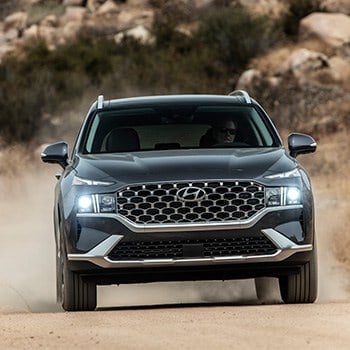
Performance focus
Honda and Hyundai don’t have what you might call a proper off-road vehicle, let alone a dedicated sub-brand (talking about Toyota’s TRD), so off-road vehicles remain a Toyota selling point at the moment that Hyundai and Honda don’t really have an answer for.
Honda, Hyundai, and Toyota are all active in motorsports. Honda builds engines for Red Bull Racing for their Formula 1 race cars. In the past, they created one of the best sports cars of all time, the Honda NSX. It still exists, but its soul is not the same as before. While Honda seems to have lost interest in sports cars since dropping the fabulous S2000, it does have an ace up its sleeve in the shape of the Civic Type R.
On the other hand, Toyota’s GR sports division has been on a roll recently. The rebirth of Supra proved successful, but that was not enough. With their World Rally Championship experience, they managed to build quite a spectacular pair of hot hatches.
The Toyota GR Corolla and Toyota GR Yaris have been critically acclaimed. Those gearheads seeking reliable performance cars that can actually be bought with a lot of tuner potential will be more than happy.
For performance cars, Hyundai produces performance-enhanced cars under its N Sports division. It is still new to the scene but has managed to build a reputation for driver-focused and driver-engaging vehicles.
Choosing a performance car will remain subjective because all three manage to build good cars at a reasonable price point.
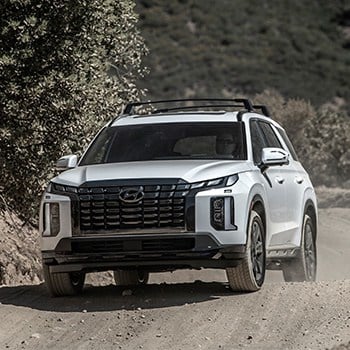
Warranty and After-Sales Support
An essential aspect of purchasing a car is the warranty and after-sales support provided by the manufacturer.
This not only ensures peace of mind for the buyer but also contributes to the overall ownership experience. In this section, we will discuss the warranty coverage and after-sales support offered by Toyota, Honda, and Hyundai.
Toyota Warranty and After-Sales Support:
Toyota offers a comprehensive warranty package that includes a 3-year/36,000-mile basic warranty, a 5-year/60,000-mile powertrain warranty, and an 8-year/100,000-mile warranty for hybrid components. Additionally, Toyota provides a 2-year/25,000-mile complimentary maintenance plan, which includes oil changes, tire rotations, and multi-point inspections.
Toyota’s after-sales support includes a network of authorized service centers and genuine parts availability, ensuring that customers receive high-quality service and maintenance for their vehicles.
Furthermore, Toyota’s roadside assistance is available 24/7 for the first 2 years of ownership, providing added assurance in case of emergencies.
Honda Warranty and After-Sales Support:
Honda’s warranty coverage includes a 3-year/36,000-mile basic warranty and a 5-year/60,000-mile powertrain warranty.
While Honda does not offer a complimentary maintenance plan like Toyota, it does have a widespread network of authorized service centers that provide reliable maintenance and repair services.
Honda’s after-sales support is known for its strong customer service and genuine parts availability. Roadside assistance is available 24/7 during the warranty period, ensuring that Honda owners have assistance in the event of unforeseen circumstances.
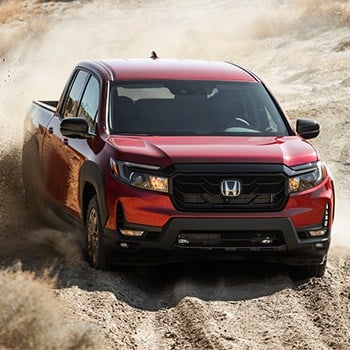
Hyundai Warranty and After-Sales Support:
Hyundai stands out in the warranty department with its industry-leading coverage. The automaker provides a 5-year/60,000-mile basic warranty, a 10-year/100,000-mile powertrain warranty, and a lifetime warranty on hybrid and electric vehicle battery components.
Hyundai also offers a 3-year/36,000-mile complimentary maintenance plan that covers basic services like oil changes and tire rotations.
Hyundai’s after-sales support includes a comprehensive network of authorized service centers and genuine parts availability, ensuring that customers receive top-notch service for their vehicles.
Like Toyota and Honda, Hyundai also provides 24/7 roadside assistance for the first 5 years of ownership, regardless of mileage.
Thoughts on Warranty and After-Sales Support
When comparing warranty and after-sales support, Hyundai emerges as the clear winner with its generous warranty coverage and complimentary maintenance plan.
Toyota and Honda also offer reliable support, but their warranties are not as extensive as Hyundai’s.
Ultimately, potential car buyers should consider the importance of warranty and after-sales support when deciding which brand best suits their needs and preferences.
Fuel Economy:
Fuel economy is a significant factor for many car buyers, as it directly impacts the cost of ownership and environmental impact.
In this section, we will compare the fuel efficiency of Toyota, Honda, and Hyundai vehicles in various segments, including compact cars, midsize sedans, and compact SUVs.
To help illustrate our point, we have compiled a comparison table showcasing the average fuel economy figures for popular models from each brand in the mentioned segments.
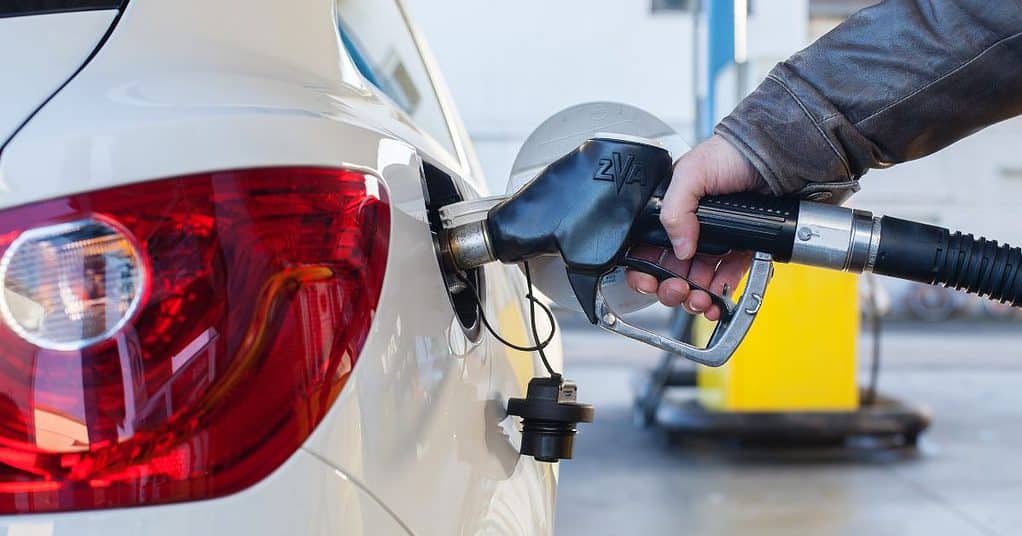
| Vehicle Segment | Toyota | Honda | Hyundai |
|---|---|---|---|
| Compact Cars | Toyota Corolla | Honda Civic | Hyundai Elantra |
| Fuel Economy | 32 city/42 hwy | 31 city/40 hwy | 33 city/43 hwy |
|---|---|---|---|
| Midsize Sedans | Toyota Camry | Honda Accord | Hyundai Sonata |
| Fuel Economy | 28 city/39 hwy | 30 city/38 hwy | 28 city/38 hwy |
|---|---|---|---|
| Compact SUVs | Toyota RAV4 | Honda CR-V | Hyundai Tucson |
| Fuel Economy | 27 city/35 hwy | 28 city/34 hwy | 26 city/33 hwy |
*Note: Fuel economy figures are based on EPA estimates for the base models with standard gasoline engines. Actual mileage may vary depending on driving conditions, vehicle options, and driving habits.
As seen in the table above, fuel economy figures are generally competitive across all three brands. In the compact car segment, the Hyundai Elantra has a slight edge over the Toyota Corolla and Honda Civic.
In the midsize sedan segment, the Honda Accord offers marginally better city fuel economy, while the Toyota Camry and Hyundai Sonata have similar ratings. In the compact SUV segment, the Honda CR-V takes the lead, followed closely by the Toyota RAV4 and Hyundai Tucson.
It is worth noting that these fuel economy figures apply to standard gasoline-powered models. All three manufacturers also offer hybrid and electric vehicle options, which generally provide even better fuel efficiency.
Thoughts on Fuel Economy
When it comes to fuel economy, Toyota, Honda, and Hyundai all offer competitive numbers in their respective vehicle segments.
The differences in fuel efficiency are minimal, and the choice ultimately depends on individual preferences and priorities.
Prospective car buyers should consider factors such as driving habits, vehicle features, and overall cost of ownership in addition to fuel economy when deciding on the best brand for their needs.
Pricing and Value for Money:
When purchasing a vehicle, consumers often consider pricing and value for money as crucial factors in their decision-making process. I
n this section, we will compare the base prices of popular Toyota, Honda, and Hyundai models in various segments, such as compact cars, midsize sedans, and compact SUVs.
To help illustrate our point, we have compiled a comparison table showcasing the starting prices for popular models from each brand in the mentioned segments.
| Vehicle Segment | Toyota | Honda | Hyundai |
|---|---|---|---|
| Compact Cars | Toyota Corolla | Honda Civic | Hyundai Elantra |
| Base Price | $20,075 | $21,700 | $19,850 |
|---|---|---|---|
| Midsize Sedans | Toyota Camry | Honda Accord | Hyundai Sonata |
| Base Price | $24,970 | $25,470 | $24,350 |
|---|---|---|---|
| Compact SUVs | Toyota RAV4 | Honda CR-V | Hyundai Tucson |
| Base Price | $26,250 | $25,350 | $24,950 |
*Note: Prices are based on the manufacturer’s suggested retail price (MSRP) for base models and do not include optional features, taxes, or other fees. Actual prices may vary depending on dealer incentives and regional differences.
The table above shows that Hyundai tends to offer the most competitive starting prices in all three vehicle segments. The Hyundai Elantra has a lower base price than both the Toyota Corolla and Honda Civic in the compact car segment.
Similarly, the Hyundai Sonata has a slightly lower starting price than the Toyota Camry and Honda Accord in the midsize sedan segment. In the compact SUV segment, the Hyundai Tucson offers the lowest base price, closely followed by the Honda CR-V and Toyota RAV4.
However, it’s essential to consider that the base prices may not include all the desired features, and the cost of optional add-ons can vary between the brands. Buyers should also evaluate factors such as reliability, warranty coverage, and resale value when determining the overall value for money.
In terms of pricing and value for money, Hyundai appears to offer the most competitive starting prices across various vehicle segments. However, it’s crucial for prospective car buyers to weigh other factors such as vehicle features, reliability, and overall cost of ownership when choosing the best brand for their needs.

Design and Comfort:
Aesthetics and comfort are important aspects to consider when purchasing a car, as they significantly impact the overall driving experience. Each of these three automakers – Toyota, Honda, and Hyundai – has its unique design language and approach to creating comfortable interiors.
Toyota is known for its conservative yet functional design approach. The company focuses on building vehicles that prioritize reliability and longevity over cutting-edge aesthetics.
However, in recent years, Toyota has started to introduce bolder designs in its lineup, such as the new Toyota Camry and the Toyota C-HR. The interiors of Toyota vehicles are designed with ergonomics and practicality in mind, ensuring a comfortable and user-friendly experience for drivers and passengers.
Honda has always maintained a balance between striking design and everyday usability. The company’s vehicles, such as the Honda Civic and Honda Accord, often feature sleek and modern exteriors, while the interiors are well thought out and spacious.
Honda pays attention to cabin quality, with comfortable seating, plenty of storage spaces, and user-friendly controls.
Hyundai has made significant strides in recent years when it comes to design and comfort. The company’s latest design language, called “Sensuous Sportiness,” is evident in models like the Hyundai Sonata and Hyundai Tucson.
These vehicles showcase eye-catching, fluidic exterior designs, while the interiors focus on providing a premium feel with high-quality materials, comfortable seating, and advanced technology features.
Each of these brands offers its unique approach to design and comfort. Toyota prioritizes practicality and user-friendliness, Honda strikes a balance between aesthetics and usability, and Hyundai aims to provide a more premium feel with modern design elements.
When choosing between these brands, it’s essential for prospective car buyers to consider their personal preferences and priorities when it comes to design and comfort.
Advanced Safety Features and Driver Assistance Technologies:
In recent years, advanced safety features and driver assistance technologies have become increasingly important to car buyers. Toyota, Honda, and Hyundai have each developed their own suite of safety technologies designed to keep drivers and passengers safe on the road.
Toyota Safety Sense (TSS) is the suite of safety features offered by Toyota, which includes a pre-collision system with pedestrian detection, lane departure alert with steering assist, automatic high beams, and dynamic radar cruise control.
Depending on the model, more advanced features like lane tracing assist, road sign assist, and rear cross-traffic alert may also be available.
Honda Sensing is Honda’s suite of safety and driver assistance technologies, which includes a collision mitigation braking system, road departure mitigation system, adaptive cruise control, lane keeping assist, and traffic sign recognition.
Some Honda models also come with the Honda LaneWatch system, which uses a camera on the passenger-side mirror to provide a clear view of the passenger-side blind spot when the right turn signal is activated.
Hyundai SmartSense is Hyundai’s safety technology suite, which includes forward collision-avoidance assist, lane-keeping assist, driver attention warning, high beam assist, and smart cruise control.
Additional features like blind-spot collision warning, rear cross-traffic collision warning, and safe exit assist may be available on select models.
All three brands are committed to providing advanced safety features and driver assistance technologies in their vehicles.
However, the availability and standardization of these features may vary depending on the model and trim level. It’s essential for car buyers to research and compare the safety features available in their desired vehicle to make an informed decision.
Toyota, Honda, and Hyundai each offer a comprehensive suite of safety features and driver assistance technologies designed to enhance safety and convenience on the road. Prospective car buyers should consider the specific safety features they prioritize and compare the offerings of each brand to determine the best fit for their needs.
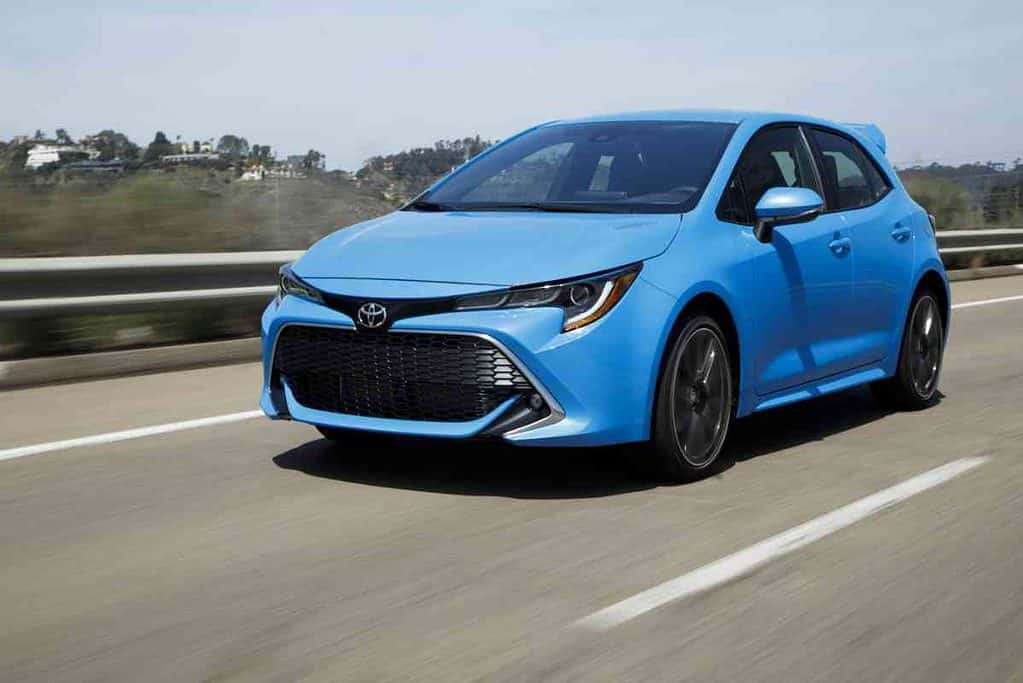
Which brand is better: Toyota Honda, or Hyundai?
Let’s wrap it up. The decision will be yours depending on what your needs and wants are. Hyundai makes pretty decent cars with a modern design language inside and out. They’re generally pretty feature-rich for their asking price, so value-for-money is probably the main attribute of Hyundai.
Perhaps most importantly, they have also improved their reliability rating quite drastically. If it has what you need, there is nothing wrong with buying a Hyundai. But why settle for less when you can have better?
Honda is quite similar to Hyundai but with a great history, reputation, and legacy. In essence, Honda’s tend to be relatively fuel-sipping and have legendary reliability.
Thanks to its low maintenance costs and consistent quality, Honda remains a desirable option for those looking for something sensible, and there’s nothing wrong with that. If you’re looking for a little excitement, however, you can rule out Honda as an option for the time being at least.
From building SUVs and trucks for the Japanese military in World War 2 to building civilian automobiles, Toyota has learned a lot. They know how to make reliable cars that go a long way and are nearly indestructible.
OK, that’s perhaps too much, unless you are referring to the Hilux pickup truck. But Toyota is considered the gold standard in the automotive industry when it comes to reliability.
The sheer build quality of its vehicles puts it on top of any other mass-market manufacturer today. Other car manufacturers have undoubtedly closed the reliability gap, but it remains the market leader. This function-over-fashion approach is the secret to Toyota’s enduring success.
There’s even a little excitement to be had as mentioned earlier but look at the resale values of Tundras and Tacomas to see why we consider Toyota a better automaker than Honda or Hyundai.
Key Take Aways
- Reliability: Toyota maintains a strong lead in reliability ratings, followed by Honda and Hyundai. All three brands, however, are known for producing dependable vehicles.
- Electrification: Toyota, Honda, and Hyundai have embraced electrification, offering a range of hybrid, plug-in hybrid, and fully electric vehicles in their lineups.
- Standard Features: While Toyota is focused on reliability, Honda and Hyundai tend to offer more standard features in their vehicles.
- Safety Technologies: All three brands provide comprehensive suites of advanced safety features and driver assistance technologies, with some variations in availability across models.
- Performance Focus: Toyota, Honda, and Hyundai each have a presence in the performance vehicle segment, offering sports cars and performance-enhanced models.
- Warranty and After-sales Support: Hyundai offers the longest warranty coverage, followed by Honda and Toyota. All three brands provide a range of after-sales support services to their customers.
- Fuel Economy: Toyota, Honda, and Hyundai prioritize fuel efficiency, with Toyota’s hybrid technology leading the way.
- Pricing and Value for Money: Hyundai is often considered the best value-for-money option, while Honda and Toyota provide competitive pricing and reliable vehicles.
- Design and Comfort: Toyota focuses on practicality, Honda balances aesthetics with usability, and Hyundai aims to offer a premium feel with modern design elements.
- Advanced Safety Features: Toyota Safety Sense, Honda Sensing, and Hyundai SmartSense are the respective safety technology suites provided by these brands, enhancing safety and convenience on the road.
Overall, Toyota, Honda, and Hyundai each have their strengths and cater to different priorities and preferences. Prospective car buyers should consider their specific needs and research each brand’s offerings to determine the best choice for their situation.
